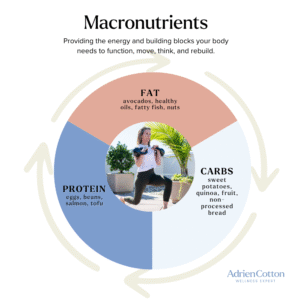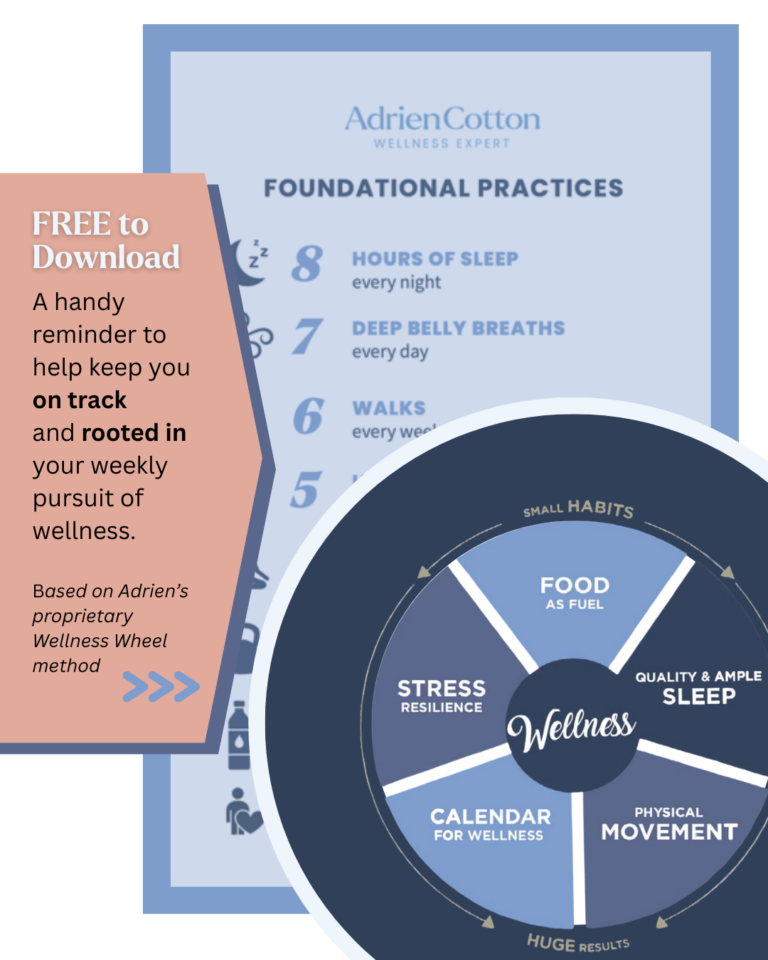Bloating is one of the most common symptoms that too many people struggle with on a daily basis. With spring around the corner and the warmer weather, it can be a drag to think about shorts and tank tops if you’re feeling puffy and bloated.
I’m going to talk about both why you feel bloated in the first place and give you some steps you can take to decrease the bloating and end it for good. Like most symptoms we deal with, bloating is a sign that something else is going on with your gut and digestion.
It’s your body’s way of telling you one or a combination of the following:
- You can’t digest and absorb your food properly
- The food you eat is causing inflammation and damaging your gut
- Your gut flora is off balance and is fermenting your food inside your gut, which can lead to SIBO (small intestinal bacterial overgrowth) or a candida overgrowth
Whichever one of these underlying issues is going on, the results are similar: feeling uncomfortable, cranky, and tired because you’re not absorbing the nutrients your body needs. Contributing factors include not only the food we eat, but also how we eat, stress levels, medications, and sleep.
If you follow these steps, you’ll be on your way to feeling less bloated.
- Relax and chew your food. In order for your body to be in a digestive state with the proper enzymes and stomach acid levels, it’s important that you are in a parasympathetic mode. If your body is in a stressed out, fight-or-flight mode, it’s going to prioritize surviving rather than digesting food. In today’s world, this might look like sitting in traffic, standing up at your kitchen counter, eating while working, or getting the kids ready for school. Transitioning out of these situations and into a rest and digest state can be easy. Simply thinking about food and preparing to eat it by sitting down is the first step to giving your body the digestive cues it needs. Secondly, chewing your food until it is liquid and broken down before hitting the stomach is key. If you’re taking less than 5 minutes to eat a meal, chances are you’re not chewing it enough. It’s also good to practice because you slow down, eat less, and allow your body time to realize that it’s getting the nutrients it needs. Ideally, this means being undistracted and giving yourself 20 minutes to eat slowly. I know that with kids, work, and busy schedules this can sound next to impossible. So, if you are running around or on-the-go and need to eat, just focus on chewing as much as possible.
- Figure out your triggers. Gluten, dairy, sugar, and soy are the most common causes of belly bloat, even if you don’t have an allergy or intolerance. They can also be inflammatory and cause gut imbalances, which as we now know can lead to long term bloating issues. While these are the obvious, immediate things you can remove, it’s also important to pay attention to certain fruits and vegetables that can be causing digestive issues. Certain carbohydrates known as FODMAPS, which stands for Fermentable Oligosaccharides, Disaccharides, Monosaccharides And Polyols. Even though most high-FODMAP foods are healthy, real foods, these short chain sugars are not fully digested in your gut and can feed the bad bacteria. This can lead to bloating and other major IBS symptoms. Bottom line, if taking out the basic refined sugars and inflammatory foods isn’t enough for you, it’s worth paying close attention to how you digest foods that are high in FODMAPs.
- Make sure you have optimal levels of stomach acid. Problems like heartburn, acid reflux and GERD are often caused by a lack of stomach acid rather than too much. Not having enough stomach acid can also cause bloating by preventing you from properly breaking down the food you eat, leading to fermentation in your gut and bacterial overgrowth. Here are a few ways you can increase stomach acid to break down foods and not feel bloated:
-Don’t drink a lot of water during meals to avoid diluting stomach acid
-Take 1-2 tbsp of raw apple cider vinegar (I like Braggs) diluted in a small amount of water to sip 5-15 minutes before a meal
-Add sauerkraut and sauerkraut juice before or to your meals. Make sure it is traditionally fermented and not the kind you get in a can or bag.
-Relax when eating. See tip #1. Your stomach can’t produce sufficient levels of stomach acidity unless it is in the paraympathetic mode.
-Supplement with betaine hcl. For some people, replacing what’s missing, at least temporarily, might be the best solution to start working on healing the gut.
For some of you, these tips and tricks will be enough to get rid of the bloat. Slowing down, chewing your food, increasing stomach acid, and eliminating certain foods are things you can do right away to notice a difference. If you try all of these and are still having problems, you might have to do a little more digging to determine what other imbalances are going on. There are other considerations like probiotics, digestive enzymes, herbal support, and gut healing foods like gelatin and bone broth that can make a huge difference.
If you’re interested in more info, you can subscribe to Megan’s free 3-Day Bloat-Free Meal Plan here and join her Facebook group, Real Health & Nutrition for Women for support and motivation.



